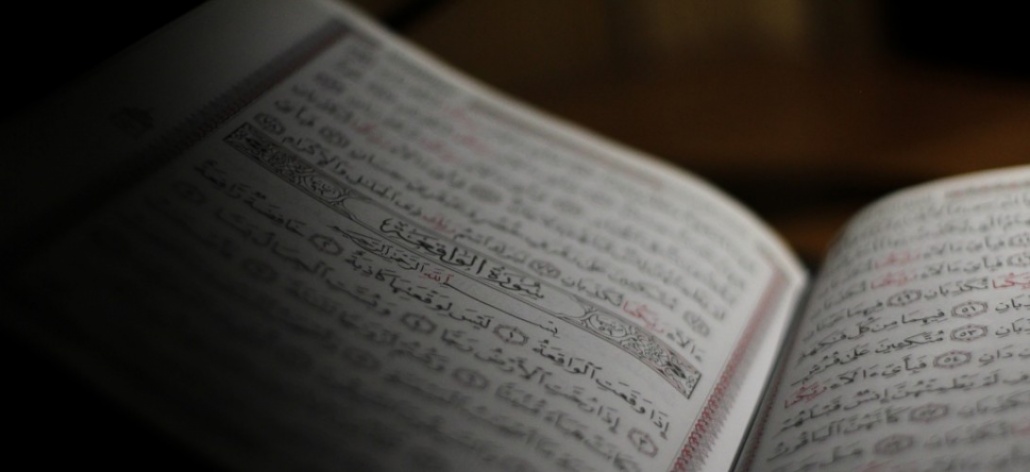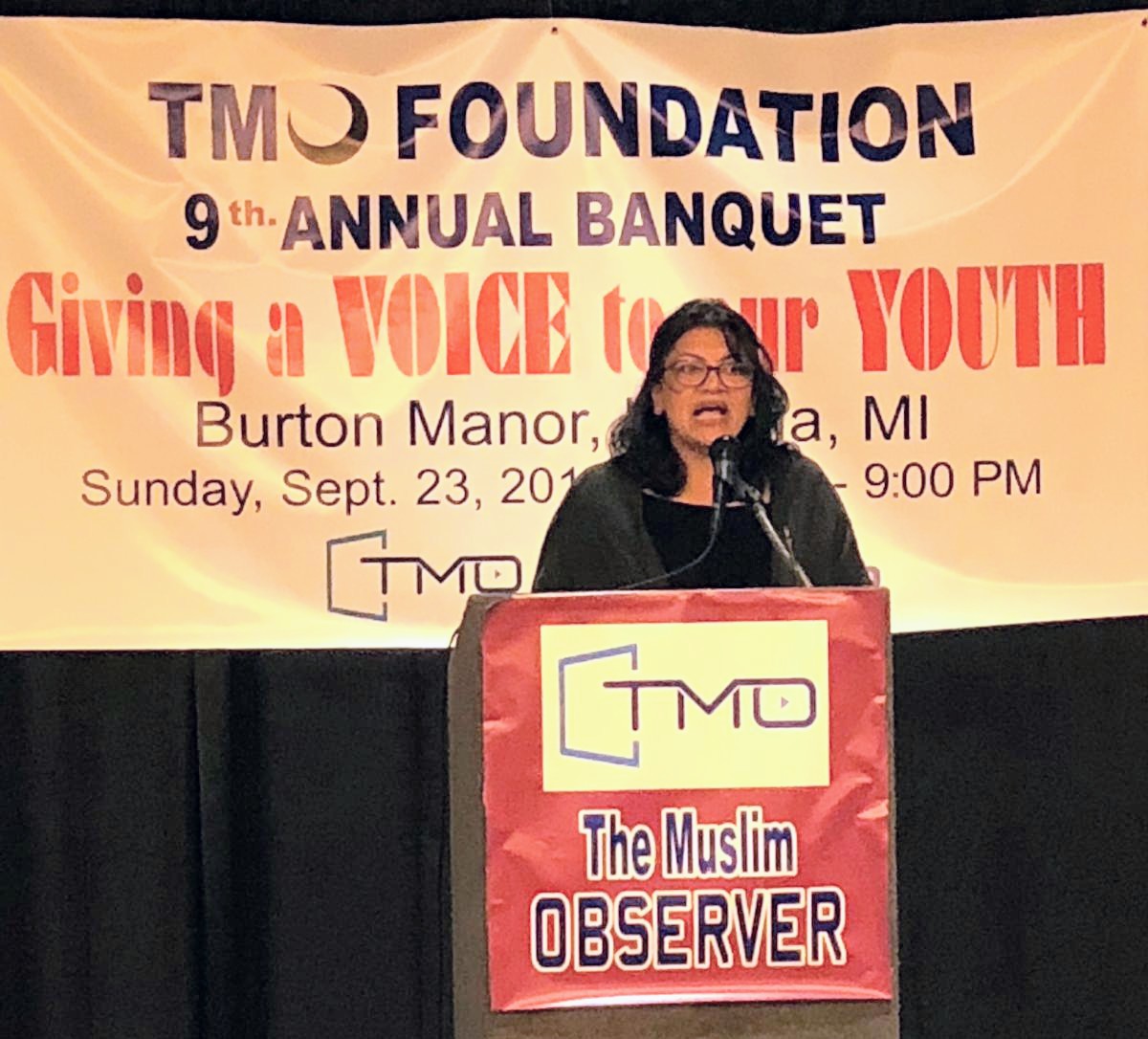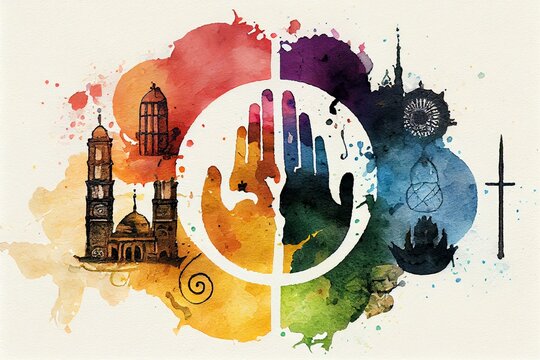COVID-19 disturbs Ramadan celebration
by Anis Ansari, MD
Former President, Clinton Islamic Center
COVID-19 virus has ravaged the whole world with a heavy death toll everywhere. Potential exposure to the disease has changed all of our day-to-day lives. It does not discriminate against any religion, race, nationality or color. So far it has managed to wipe out all religious celebrations including Good Friday, Easter Sunday, Passover, and now Ramadan. It is probable that the Muslim holiday of Eid ul-Fitr which is to be held on May 24th will not be gathering but a day to reflect internally.
During Ramadan, Muslims fast daily from dawn to Sunset. They get up before dawn to eat a small breakfast. During fasting, they are prohibited from activities like eating, drinking and husband-wife relationships. While fasting, Muslims try to be on their best behavior, especially avoiding (as we should always) lying, cheating, quarreling and gossip, etc.
This month-long training happens every year during the ninth month of the lunar calendar. This year the fasting day will be about 16hours long, from 4:30 am to about 8:00 PM. It is our belief that when people fast with sincerity and expectation, all their previous sins will be forgiven. It is an opportunity to purify oneself.
Normally Muslims gather in our places of worship in the evening for breaking of the fast usually with date and water. Then after sunset prayer, they eat a meal together and continue with congregational prayers each night. Due to the COVID 19 worldwide pandemic and social gathering prohibitions, none of these activities are possible. Due to our respect for the recommendation of the CDC and to keep our congregation safe, Mosques in the United States have closed their doors during the month of Ramadan.
The Holy Quran, the sacred text for Muslims, was revealed during Ramadan, therefore Muslims spend extra time reading and understanding the Quran during this month. During Ramadan, Muslims also give more in charity than in any other time of year, due to tremendous extra rewards for any good deeds in this Holy month. They give their Zakat (obligatory charity; 2.5 percent of their savings) and voluntary charity in this month. During the COVID 19 lockdown, most religious-based charities are going the extra mile to care for their relatives, neighbors and community in general. People have come together to help each other; making sure that they are well-taken care off. Who can appreciate the plight of those suffering from the pandemic and lockdown better than the person fasting in this month? Fasting teaches us to be humble, patient, generous, and compassionate to our fellow human beings. It is an introspective view of how we can help one another regardless of our faith or challenges.
Let us pray that God will accept our prayers, supplications, charitable giving, and all good deeds and keep everyone safe from all diseases including COVID-19. Let us unite and work together to overcome this pandemic throughout the world.

















2020
828 views
views
0
comments